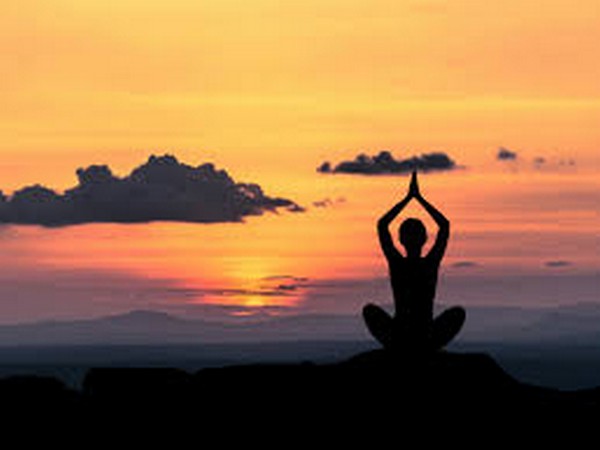WHO and India launch WHO mYoga app to help people stay active and healthy
The app contains a collection of videos and audio files to teach and accompany yoga practice and is an easy-to-use and free tool for both people who are trying yoga for the first time or those who already practice yoga regularly.

Today, WHO in collaboration with the Government of India, is launching WHO mYoga - a yoga app to help people stay active and healthy. The app is safe and secure and does not collect any data from users. It is available for free download on Android devices, and Apple devices.
The app contains a collection of videos and audio files to teach and accompany yoga practice and is an easy-to-use and free tool for both people who are trying yoga for the first time or those who already practice yoga regularly. No special equipment is needed, and users can learn or practice for between 3 to 45 minutes, so even busy people can use it to get active.
The app was developed by BeHe@lthy BeMobile, a joint initiative between the World Health Organization and the International Telecommunications Union Input from experts around the world was organized by the WHO Traditional, Complementary, and Integrative Medicine unit and Morarji Desai National Institute of Yoga (the WHO collaborating centre for traditional medicine). WHO mYoga was created in response to the global Traditional Medicine Strategy 2014–2023, which aims to strengthen the quality, safety, and effectiveness of Traditional and Complementary Medicine.
As highlighted in WHO’s Global Action Plan on Physical Activity 2018-2030, the routine practice of yoga – a 5000-year-old tradition – is a valuable tool for people of all ages to make physical activity an integral part of life and reach the level needed to promote good health. Adults require at least 150 minutes per week of moderate-intensity activity.
Regular physical activity is a well-established protective factor for the prevention and treatment of many non-communicable diseases and their risk factors, such as hypertension, overweight and obesity. Physical activity is associated with improved mental health, prevention and delay of dementia and improved quality of life and well-being.
- READ MORE ON:
- WHO
- mYoga
- Morarji Desai National Institute of Yoga









